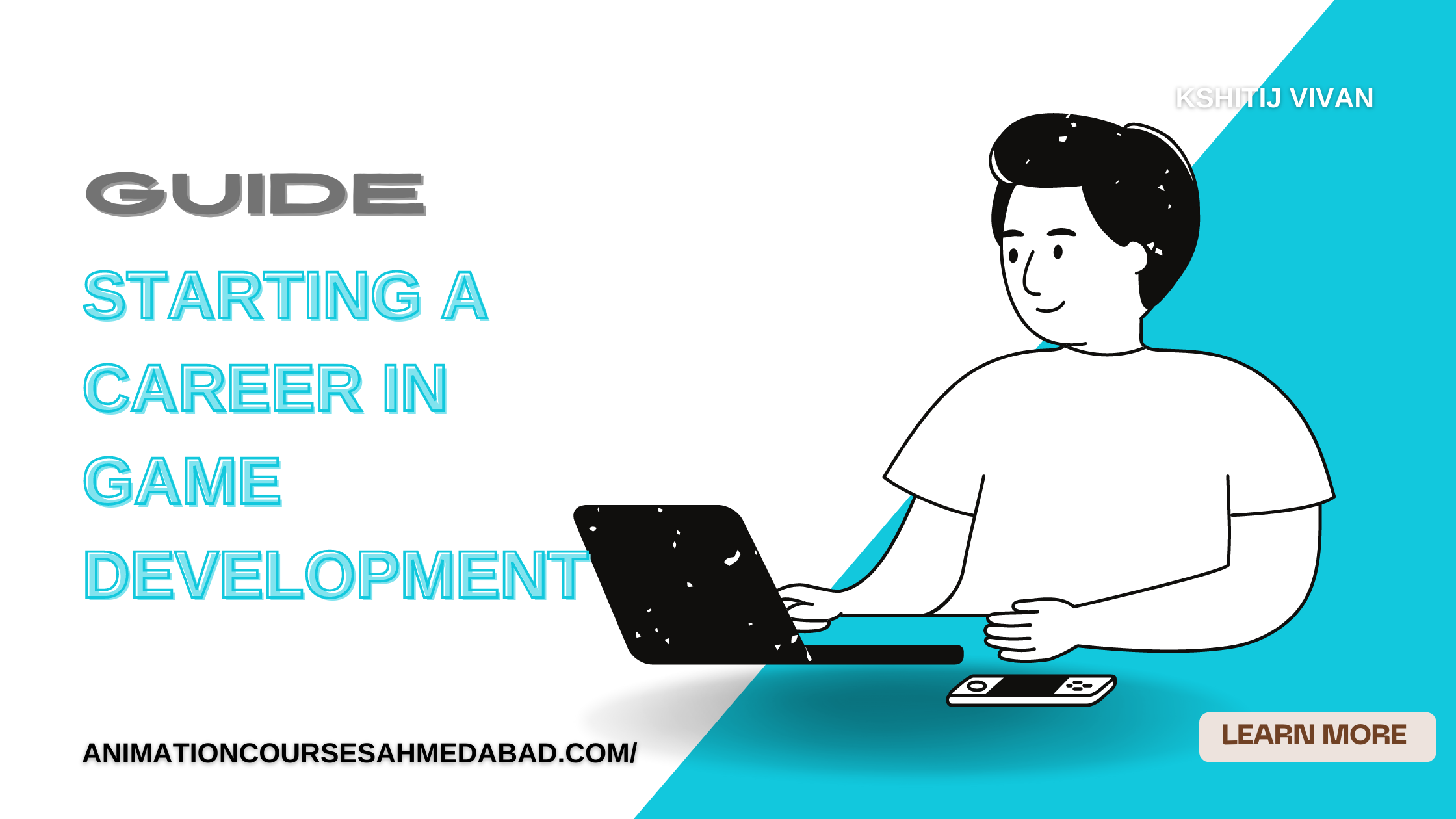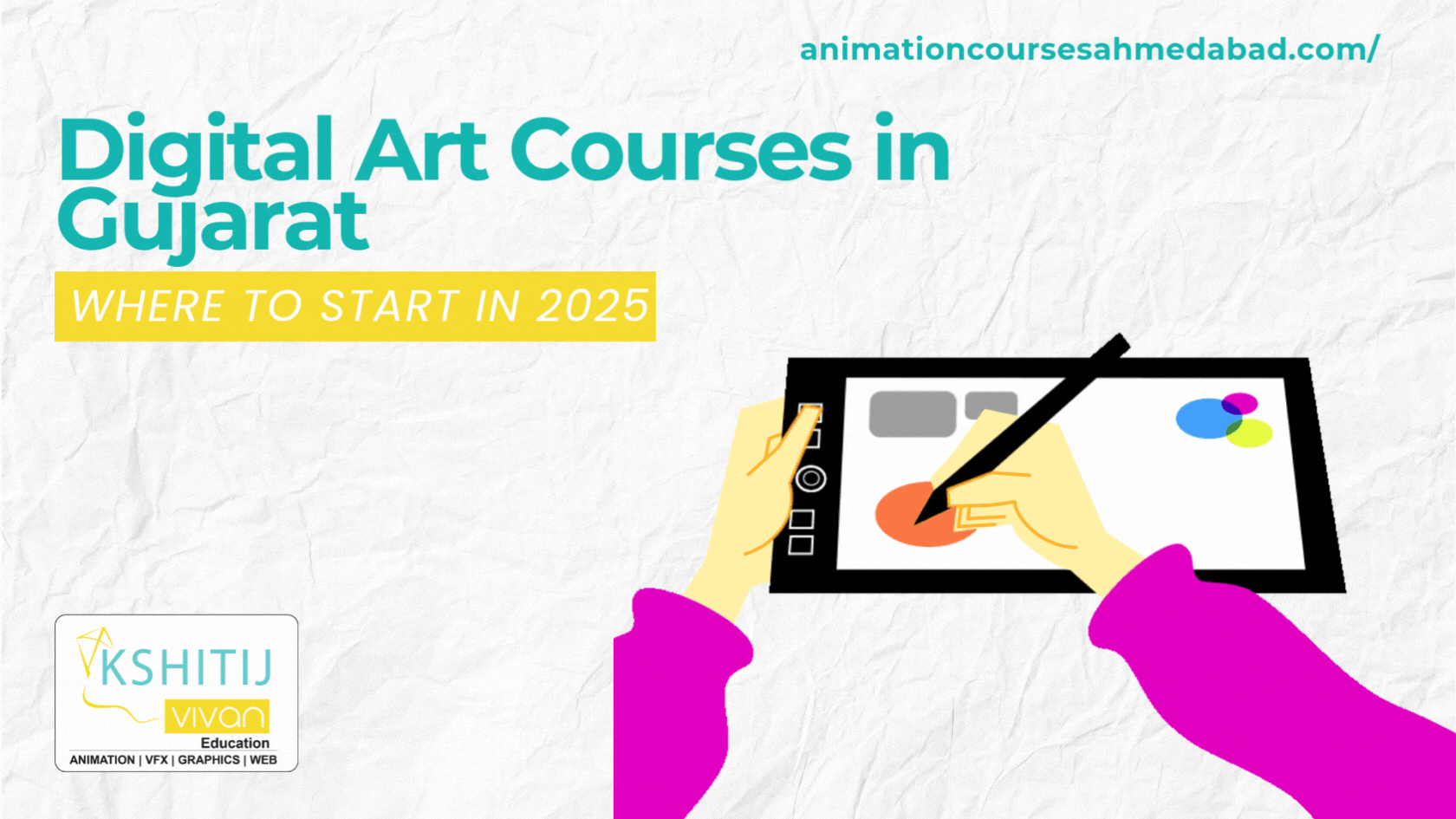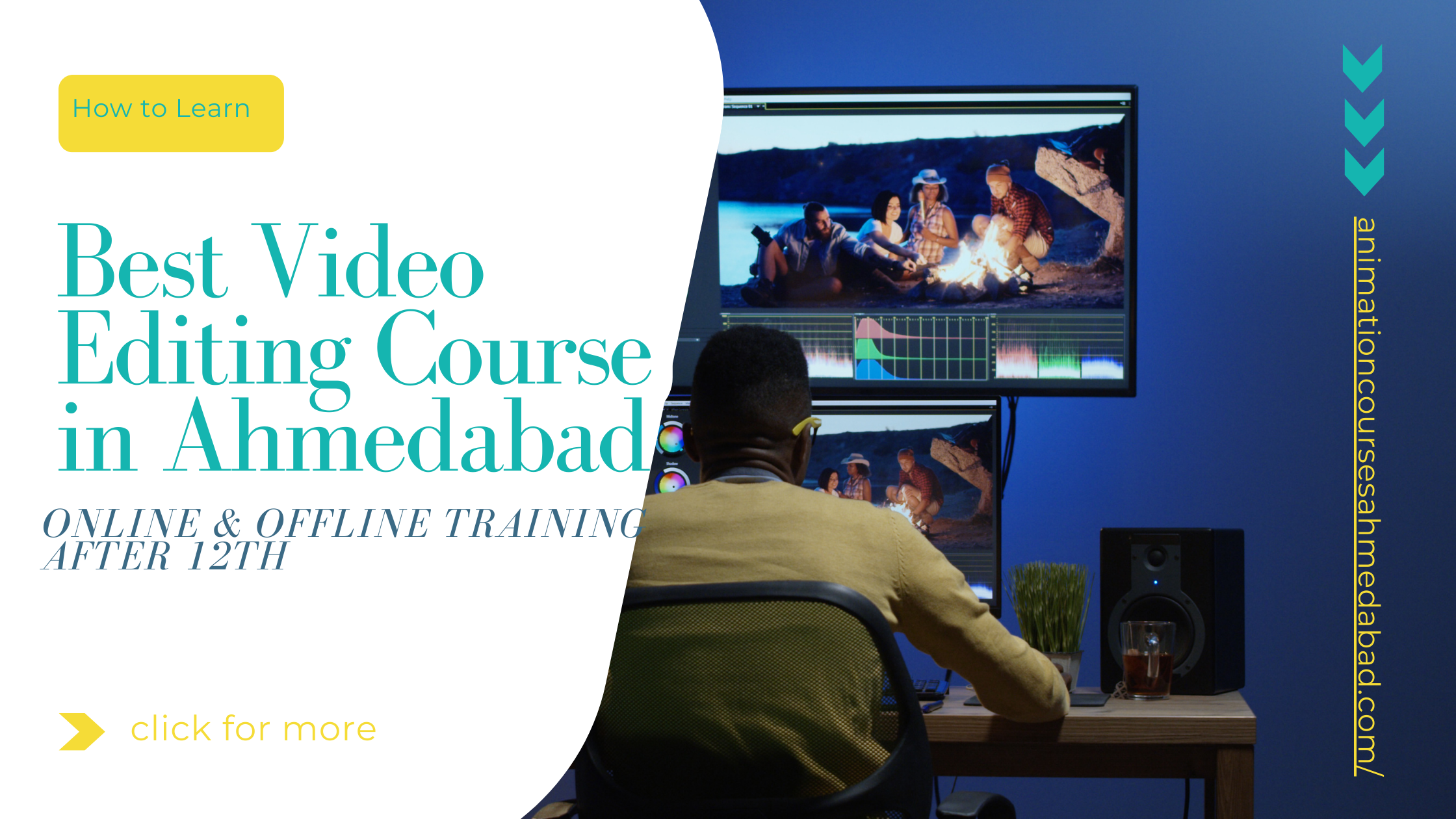
A Guide To Starting A Career In Game Design & Development: Fees, Courses, And Career Paths
Are you a passionate gamer looking to take your hobby to the next level? This article is here to show you how to start a career in game development. From fees, courses, and career paths – we’ll cover it all so that you can begin your journey toward becoming a professional game developer!
Introduction to Game Design & Development
Game development is the process of creating a video game. The game development industry is a multi-billion dollar industry and is growing every year. There are many different career paths in game development, from programming to art to design to audio.
The first step to becoming a game developer is to choose what area you want to specialize in.
- Do you want to be a programmer?
- An artist?
- A designer?
Once you have chosen your specialty, you need to get educated. You can do this by getting a degree in game development from a university or by taking online courses.
Once you have the necessary education, you must start building your portfolio. This is a collection of your work that you can show potential employers. Employers will want to see that you have the skills and experience necessary to succeed in the role they are hiring for.
There are many different types of jobs in game development, from small studios to large studios. You can also work as a freelancer or start your studio. The sky is the limit when it comes to starting a career in game development!
What Does a Game Developer Do?
A game developer is responsible for the creation and maintenance of video games. They work with other developers to create the game's design, story, and characters. They also program the game's code and oversee its testing.
Fees and Courses for Starting a Career in Game Design & Development
The cost of getting started in game development can vary depending on the route you take. If you choose to get a formal education, tuition and course fees will be your biggest expenses. However, there are many ways to learn game development without attending a traditional school. There are plenty of online resources and tutorials that can teach you the basics for free or at a low cost.
Once you have the basic skills down, you'll need to invest in some software and hardware. The costs of these tools can range from a few hundred dollars to several thousand, depending on what type of equipment you need. Fortunately, there are many affordable options available if you're just starting.
If you're serious about making a career out of game development, it's important to remember that your biggest expense will be your time. It takes a lot of hard work and dedication to succeed in this field. However, the rewards can be well worth the effort for those who are passionate about making great games.
Here we have the best game designing course available in Ahmedabad, you can check out this, or call us for course fees inquiry at 9137 4400 42
Types of Job Roles in the Gaming Industry
There are many different types of job roles in the gaming industry, from game designers and developers to testers and marketers.
Here is a brief overview of some of the most common job roles:
-Game Designer: A game designer is responsible for creating the overall vision and gameplay for a video game.
They work closely with the game developers to ensure that the game meets their creative vision.
-Game Developer: Game developers are responsible for actually coding and developing the video game. They work closely with the game designers to ensure that the final product meets their vision.
-Tester: Testers play an important role in ensuring that a video game is free of bugs and glitches before it is released to the public. They test the game extensively on various platforms to make sure it is functioning properly.
-Marketer: Marketers are responsible for promoting and marketing a video game to generate interest and sales. They create advertising campaigns, set up promotional events, and work with retailers to get the game into stores.
Building Your Portfolio as a Beginner game designer
As a beginner in game development, one of the most important things you can do is to start building your portfolio. Your portfolio will be a key part of landing your first job and getting your career off to a strong start.
There are a few things you should keep in mind as you build your portfolio:
1. Include a variety of projects. As a beginner, you likely won't have years of experience to showcase. Instead, focus on quality over quantity and include a mix of personal projects, school projects, and any other relevant work you can find.
2. Make sure your projects are well-documented. Include screenshots, videos, and written descriptions of each project in your portfolio. This will give potential employers an idea of your work process and the results you're able to achieve.
3. Highlight your skills and strengths. In addition to showcasing your work, use your portfolio to highlight the skills and strengths that make you a great game developer. For example, if you're particularly good at level design or creating 3D art assets, make sure to showcase those skills prominently.
4. Keep it up-to-date. As you gain more experience and complete new projects, be sure to add them to your portfolio so that it remains current and impressive. Potential employers will be looking for evidence that you're keeping up with the latest trends and technologies in the game development industry.
Building a strong portfolio is an essential part of starting a strong game-designing career
Tips for Getting Started in Game Development
Developing video games is a process that takes lots of hard work, dedication, and passion. However, if you’re willing to put in the time and effort, a career in game development can be enriching.
Here are a few tips to get you started:
1. Do your research
Before you jump into game development, it’s important to do your research and understand the industry. Game development has many different aspects, from programming and design to art and production. Figure out which area(s) you’re most interested in and make sure you have a good understanding of the basics before getting started.
2. Find a good mentor/ Game designing institute
A mentor can be extremely helpful when starting in game development. They can help guide you through the early stages of your career, offer advice and feedback on your work, and introduce you to other professionals in the industry. If possible, try to find a mentor who works in the same area of game development that you’re interested in.
3. Join or start a game development group
One of the best ways to learn about game development is by working on projects with other people. Joining or starting a game development group is a great way to meet other developers, learn new skills, and get feedback on your work. You can also learn a lot by participating in online forums or attending industry events
Conclusion
Starting a career in game development is an exciting endeavor. With the right skills, knowledge, and dedication, you can become part of this fast-growing industry and make your mark on the world of gaming. We hope that our guide has helped you to create a successful career path. for more details call us on 9137440042. Good luck with your journey into the world of game development!



